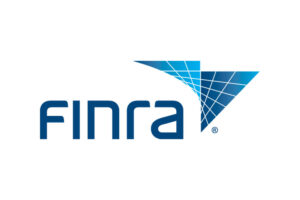Companies can prepare for ongoing reporting and disclosure requirements after an initial public offering (IPO) by implementing effective corporate governance practices, developing strong internal controls, and investing in robust financial reporting systems. In addition, they can engage experienced legal and accounting professionals to ensure compliance with securities laws.
Key requirements for maintaining compliance with securities laws include:
Financial Reporting: Publicly traded companies are required to file annual reports on Form 10-K, quarterly reports on Form 10-Q, and periodic reports on Form 8-K. These reports must comply with Generally Accepted Accounting Principles (GAAP) and the guidelines set by the Securities and Exchange Commission (SEC).
Insider Trading: Companies must implement policies and procedures to prevent insider trading, which is illegal and can harm the company’s reputation.
Disclosure: Companies must disclose material information to investors, including financial information, significant legal matters, and changes in management or ownership. Companies must also adhere to Regulation Fair Disclosure (Reg FD), which requires companies to make material information available to all investors at the same time.
Corporate Governance: Companies must establish and maintain effective corporate governance practices, including a strong board of directors, independent audit committees, and internal controls to ensure compliance with securities laws and prevent fraud.
Sarbanes-Oxley Act: The Sarbanes-Oxley Act (SOX) requires publicly traded companies to establish internal controls over financial reporting and maintain accurate and complete financial records. Companies must also conduct annual assessments of their internal controls and disclose any material weaknesses.
Overall, maintaining compliance with securities laws is critical for companies to protect their reputation, maintain investor confidence, and avoid legal and financial penalties.







